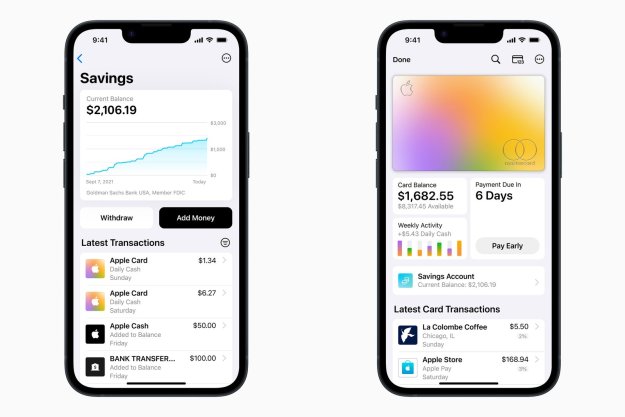Apple announced today that they had been anticipating the move to Intel from the moment Steve Jobs returned to the company with a version of the OS ready to make the move. To the Apple loyalist, this has to come as a massive blow; during all of this time Steve and Apple have been adamant that the PowerPC was vastly better than the x86. Had any of them read the recent unauthorized biography, iCon Steve Jobs: The Greatest Second Act in the History of Business, they likely would have been able to better anticipate this and subsequent moves.
Steve wants desperately to take Bill Gates?s position as the most powerful technology guy on the planet. He can?t get there with Apple (or actually with any hardware), which suggests that the ?Other Shoe? will eventually be the move away from PC hardware into a software-only pure play. This would allow him to enjoy similar margins to what Microsoft enjoys and, as he believes (and has often demonstrated), he has a better idea of what users want in a product than Microsoft does.
This will clearly put massive pressure on Microsoft to deliver their new operating system on time, as it will face a renewed Apple on Intel in 2007. This would not only avoid the blood bath that Apple enjoyed during the Windows 95 roll out; it has the potential, if executed sharply, to reverse it.
Looking Ahead to 2006
The next two years will be particularly difficult for Apple. Already we are seeing reports of building iPod inventories as the ?coolness? of the product declines with age. This decline was apparently helped by the iPod Shuffle, which people, particularly kids, thought of as a ?poser? product, detracting from the exclusiveness that made the overall line so attractive and popular. The iPod line has been, for the most part, carrying the company through some difficult times, and if that revenue continues to decline, it could return Apple to unprofitability and put massive pressure on the executive team to make a series of short term decisions?one of which could be to reverse the move to Intel.
On the PC hardware side? if you?re a company called Osborn, you don?t announce new hardware long before it is available (otherwise, people stop buying what you do have and that can crater hardware sales.) In this case, while some will show up in 2006, most of the high margin products won?t show up until 2007, which will make the second half of 2005 and most of 2006 particularly nasty unless Apple can bring another market winning product in to cover the gap.
Such a product is possible; certainly the market is not really taken by the Sony PSP, which was the heir apparent for the next cool thing (largely thanks to Sony), and the Xbox really falls into another class of product. Still, coming out with hit after hit can be problematic, and the Shuffle appears to have been more of a problem than a help here. However, if any company can do it Apple probably can, though betting on it remains incredibly risky given the stakes.
Looking Ahead to 2007
In 2007, Apple and Microsoft will be pitted against each other on similar hardware, both with strong Intel backing. This has never happened before and, as noted above, it could potentially not only offset what likely would have been a market share bath reminiscent of 1995, but reverse it. Microsoft?s next generation OS will be two years late at launch and it is already being positioned in the media as little more than a minor patch over Windows XP.
While it will clearly be more than this, the media has long been anticipating a viable challenger to Windows, and Linux simply has not lived up to this challenge in a general sense. The MacOS does have this potential and it could be a powerful (and much more acceptable) alternative to both Linux and Windows in 2007, if Apple can execute sharply.
Overall, this will be an incredibly exciting time for Apple, Linux and Windows, as competition will force all three to improve at an increasing rate; this has to be good for consumers, assuming that quality isn?t compromised by the process. For Apple, they may want to remember that ?What doesn?t kill you only makes you stronger,? and for Microsoft, it may be a case of Apple being back and ?boy, are they pissed.?
Editors' Recommendations
- UPS worker accused of nabbing $1.3M worth of iPhones and other Apple gear
- If this is what an Apple smart ring could look like, I need it right now
- This year’s Apple Watch Pride band looks better than you might think
- The Huawei Watch Ultimate looks like the perfect Apple Watch Ultra rival
- Apple’s Black Unity watch band looks great and supports a good cause


